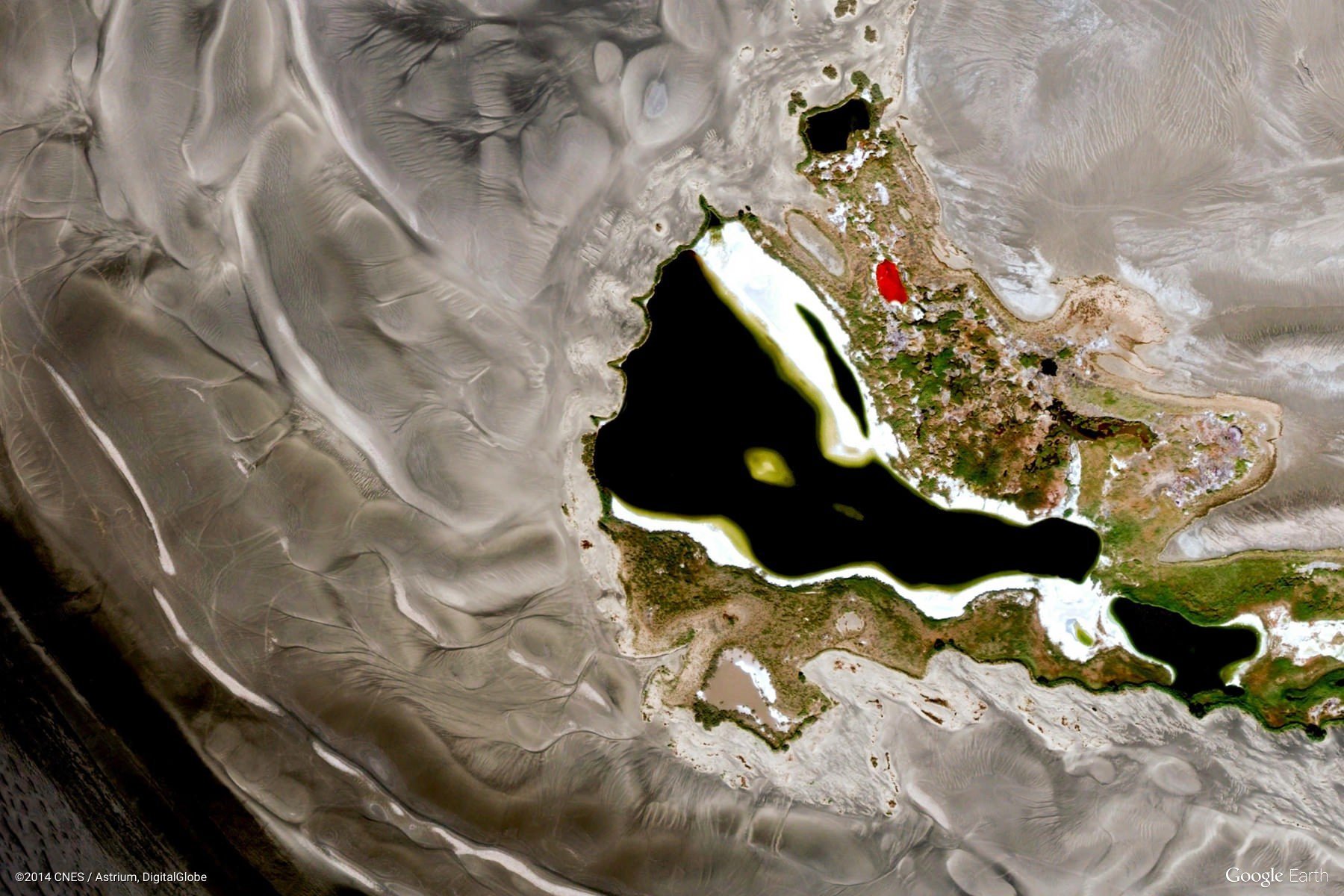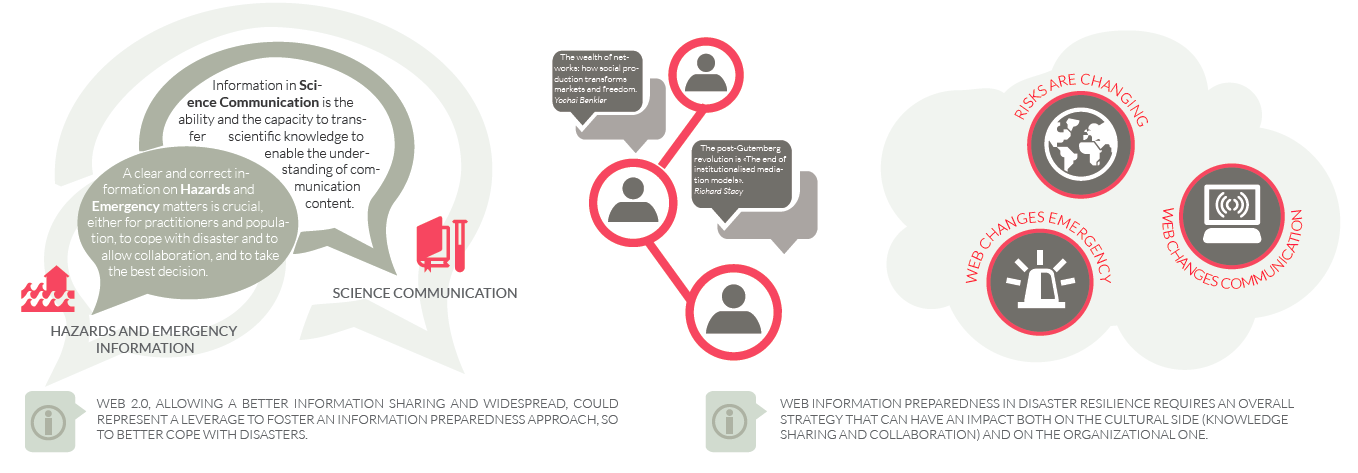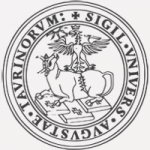Abstract
The Silent Buzz of Geosciences
The Challenge of Geosciences Communication in the Italian Framework
Whenever an emergency happens the sophisticated mechanism of risk communication get jammed. The pervasiveness and speed of information, which runs on web and falls on traditional media, has the effect of a flood, bringing to light fractures and fragilities of the communication. A process that seems difficult to innovate and to reframe, so to respond to changing demand of information. “Hyogo Framework for Action” (UNISDR, 2007), underlines that information and communication are key to build Disaster Resilience: disasters knowledge enhances coping capacity of individuals, communities and local governments to better address the risks, calling to action academia, institutions, media and citizens.
In the Italian framework, although the communication and information on disasters and risk, are often evoked and invoked in several speeches, conferences and programmes, as a matter of fact it seems that the initiatives and the communication practices of institutional actors and of the communities lack in coordination and collaboration. The actors of the communication process, institutions, media and academia, have acted mostly either as a “soloist”, rarely taking into account the needs of the public, or as competitors of other actors [Peters 2013]. The evolution of web 2.0, is changing the pattern of the relation between disaster cycle and information demand: social media users become both producers and consumers of information, where the institutional information not always succeded in bridging communication gap (demand/supply). Is there a responbility related to the open access to scientific knowledge? Is there a responsibility of the “silos” effect of the academia or of the other institutions? We envisage a lack of a socio-historical memory of risk, as the effect of imperfect and poorly coordinated communication. Moreover, disaster communication has been probably too often focused on information when an emergency occurs, rather than on explicit scientific knowledge on environmental dynamics and their interaction with human activity (preparedness). We suspect, that in the italian framework, this raises from a sort of original sin: a “resistance” to science, that, for people with little or poor scientific knowledge, swings between pseudoscientific simplifications (which, unfortunately, web is variously “dotted” [Quattrociocchi et al. 2014]) and, as the sociologue Franco Ferrarotti would say, pre-scientific traditions [Peppoloni, 2011]. The “logos” of geology and the geological “narrative” are of fundamental importance in the anthropocene, allowing to shift the focus back on the human/environment interaction. Geologists are often ignored, as bearers of uncomfortable messages, expecially in a country where there is no longer a National Geological Survey, but it is unquestionable the importance of Earth Sciences and the social role of the geologist (geoethics) for Disaster Resilience. This is the next challenge of Geosciences, and of the whole community of geoscientists. Develop a coordinated communication approach for geosciences as an ethical imperative, and also as a pre-requisite to risk and emergency communication: geologists and geology are the authoritative interpreters of natural processes and risk, holders of scientific knowledge that if explained and shared allow people and decision makers to better cope with risks, and to enable Disaster Resilience.
*Elena Rapisardi1, Sabina Di Franco2, Marco Giardino1
1 NatRisk, Interdepartmental Centre for Natural Risks, University of Turin, Italy
2 CNR-IIA National Research Council – IIA
EGU 2015: Session EOS8 – Geoethics for society: General aspects and case studies in geosciences
Geophysical Research Abstracts
Vol. 17, EGU2015-15098, 2015
EGU General Assembly 2015
© Author(s) 2015. CC Attribution 3.0 License.
Link abstract






